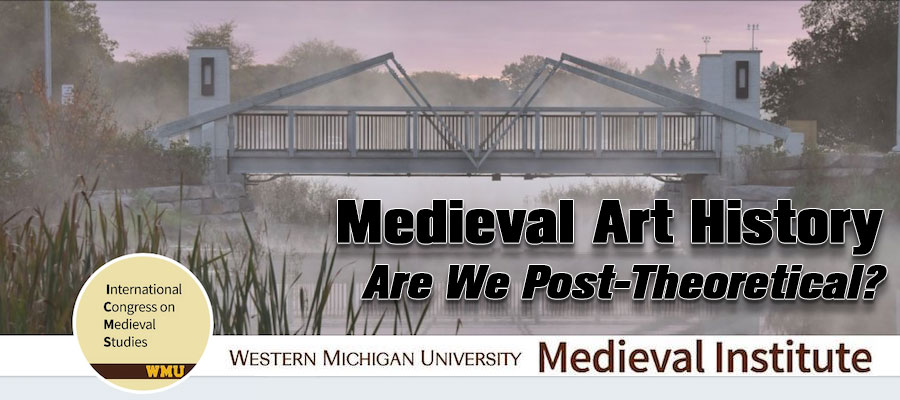Medieval Art History: Are We Post-Theoretical?, session at the 54th International Congress on Medieval Studies, Western Michigan University, May 9–12, 2019
The philosopher and blogger Levi Bryant has written that theory “is a sort of strange work that precedes anything true, allowing that which does not appear to appear. There is never a simple gaze or seeing, but rather there is always an apparatus that allows something to appear that would not otherwise appear. And there is no looking nor acting that doesn’t presuppose an apparatus of appearance.” If we follow this line of thought, then all medievalists are theorists. Yet, in the 21st century, historians of medieval art seem largely indifferent to the field of critical theory, which profoundly marked the study of the humanities in the 20th century. If a generation ago scholars were concerned with defining something called “the new art history,” where do we stand now? Are we now working in a post-theoretical age or can a renewed engagement with theoretical issues enliven the field?
This session seeks position papers and case studies that reflect on these questions. Participants should feel free to define “theory” however they choose. Engagement with established theorists (Foucault, Butler, Jameson, etc.) is as welcome as investigations inspired by newer work in fields such as queer studies, gender studies, and post-colonialism.
Session Organizer
Gerry Guest, John Carroll University
